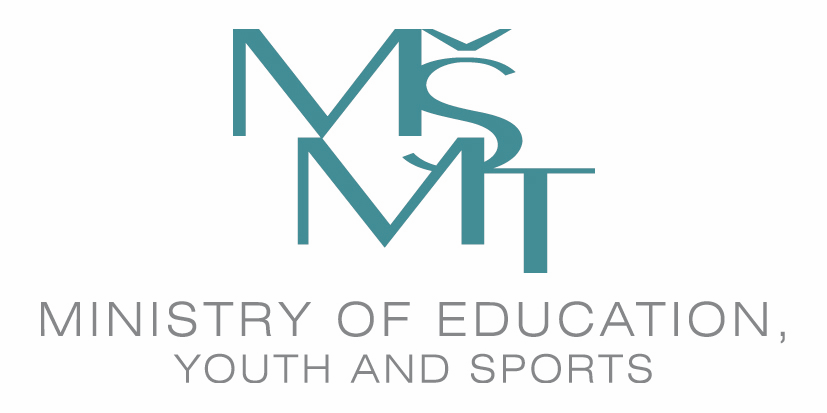
Annotation
NCC Slovenia and NCC Czech Republic are inviting you to Parallel R training.
This training is focused on different approaches to how the R code can be parallelised, going from local and single node approach with parallel package to multi-node parallelisation with Rmpi package.
The second day is focused on increasing computation efficiency by introducing Rcpp for seamless integration of C++ code into R code. A simple example of CUDA usage with Rcpp will be shown.
Benefits for the attendees, what will they learn
- Local or single-node parallelisation of R code with parallel package
- Multi-node parallelisation of R code with Rmpi package
- How to speed up code using C++ with Rcpp
- How to leverage CUDA parallelisation on GPU with Rcpp
Level
intermediate
Language
English
Prerequisites
Basic knowledge of programming in R.
Basic knowledge of working with Linux terminal is helpful.
The second day will introduce a combination of C++ and CUDA code with R. No prior knowledge is really needed as the examples will be kept simple and explained.
Technical requirements:
We will use a remote instance of the RStudio server, so only an internet connection and web browser are needed.
Tutors
Janez Povh is a full professor of applied mathematics at the University of Ljubljana, Slovenia, and since 2022, he has been the managing director of Rudolfovo Institute in Novo Mesto, Slovenia. His research focuses on developing state-of-the-art algorithms to solve hard computational problems, mostly from combinatorial optimisation and data science. He is mostly interested in computing exact solutions (global optima) but adapts his results to get local optima. He analyses the algorithms theoretically and implements them into high-performance code that can harness the capabilities of the best available supercomputers.
Tomáš Martinovič obtained his Ph.D. in computational sciences at IT4Innovations, VSB - Technical University of Ostrava in 2018. From 2015 to 2018, he worked in a team focused on analysing complex dynamic systems, where he worked on scalable implementations of algorithms from the field of nonlinear time series analysis. Since the start of 2022, he has led a team focused on machine learning/AI and operations research with the defined objective of research and knowledge transfer in cooperation with industry.
Acknowledgements

This project has received funding from the European High-Performance Computing Joint Undertaking (JU) under grant agreement No 101101903. The JU receives support from the Digital Europe Programme and Germany, Bulgaria, Austria, Croatia, Cyprus, Czech Republic, Denmark, Estonia, Finland, Greece, Hungary, Ireland, Italy, Lithuania, Latvia, Poland, Portugal, Romania, Slovenia, Spain, Sweden, France, Netherlands, Belgium, Luxembourg, Slovakia, Norway, Türkiye, Republic of North Macedonia, Iceland, Montenegro, Serbia. This project has received funding from the Ministry of Education, Youth and Sports of the Czech Republic.
.png)

This course was supported by the Ministry of Education, Youth and Sports of the Czech Republic through the e-INFRA CZ (ID:90254).
![[ONLINE] Parallel R](/event/241/logo-3264908871.png)
